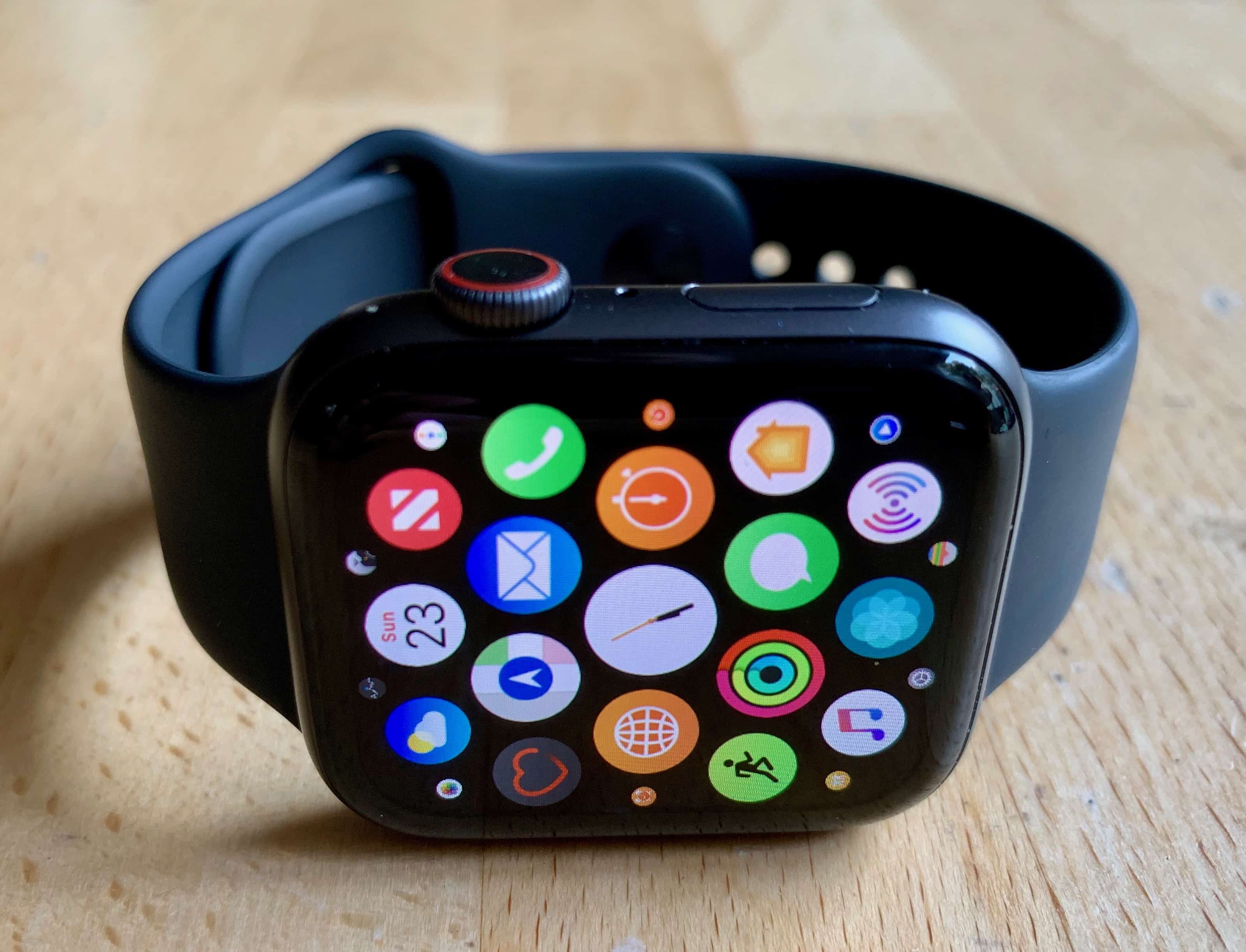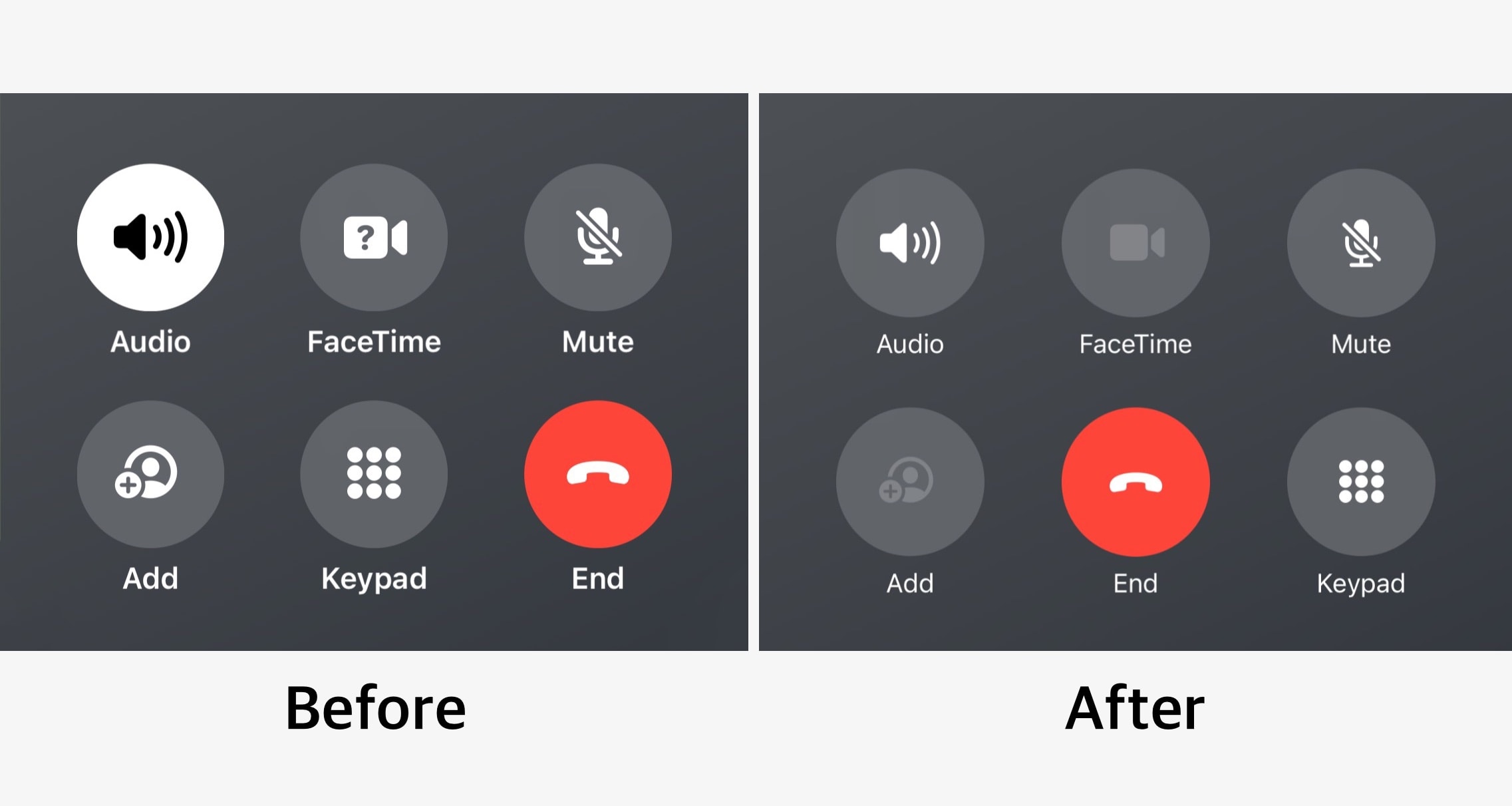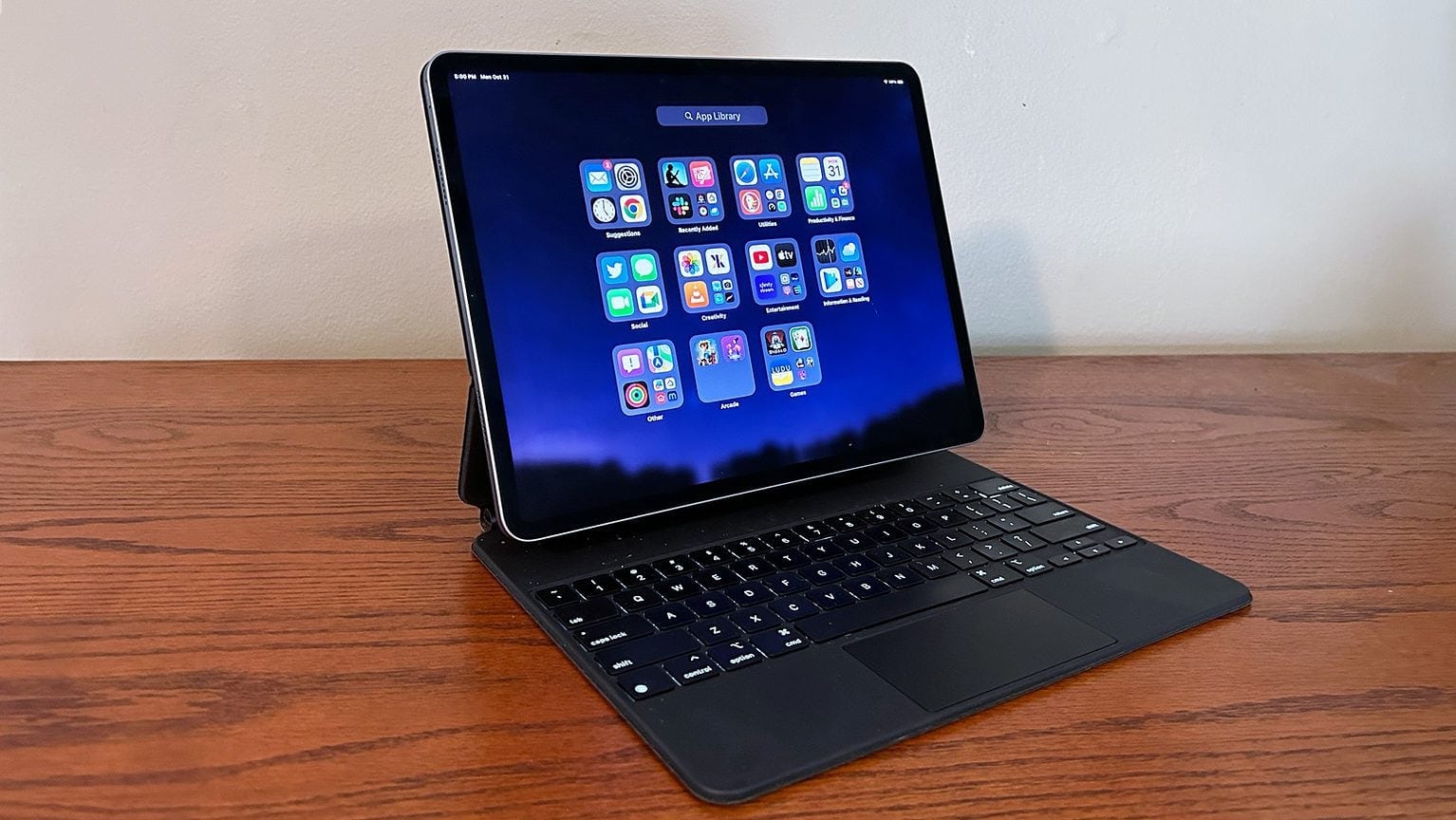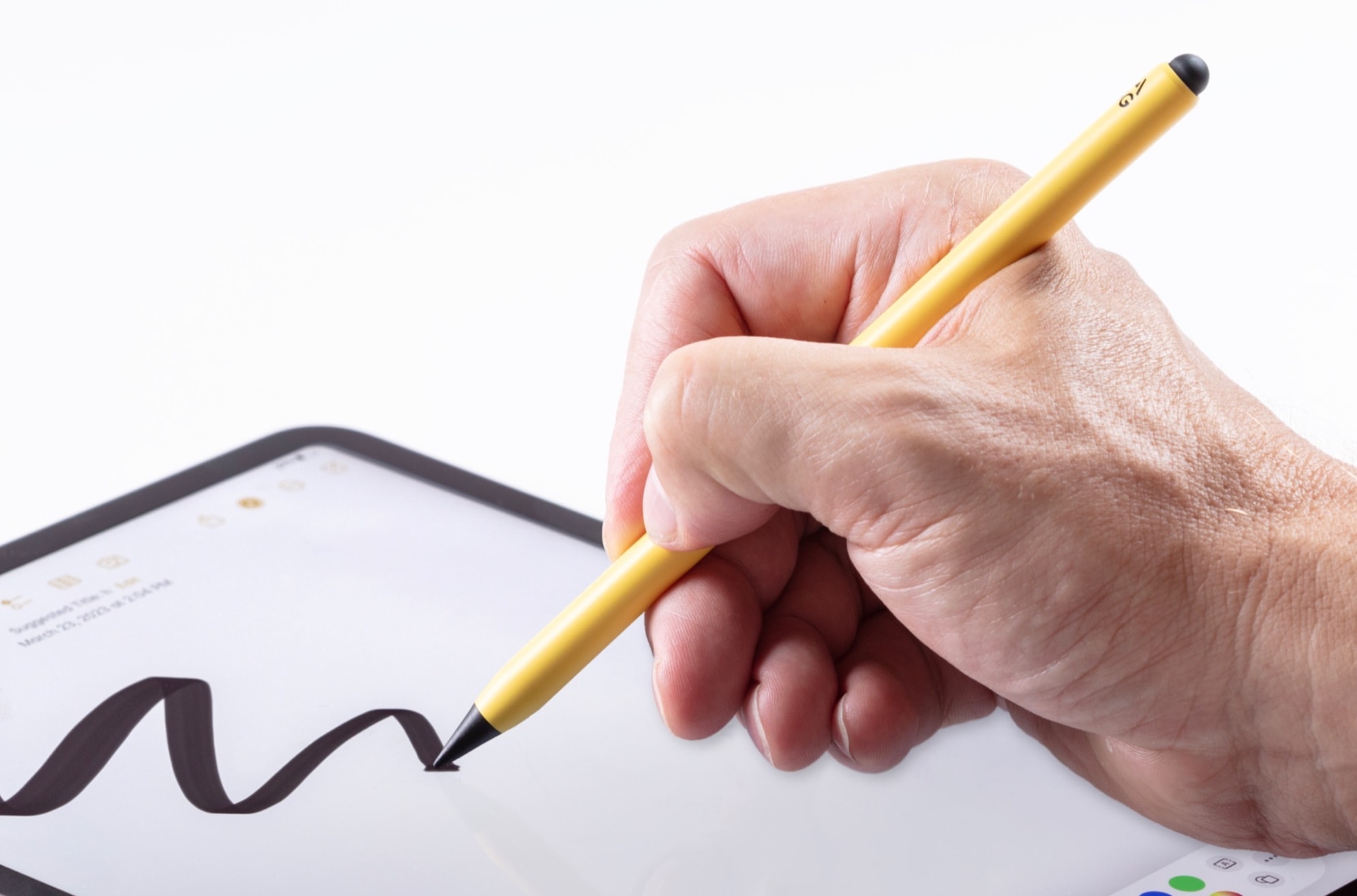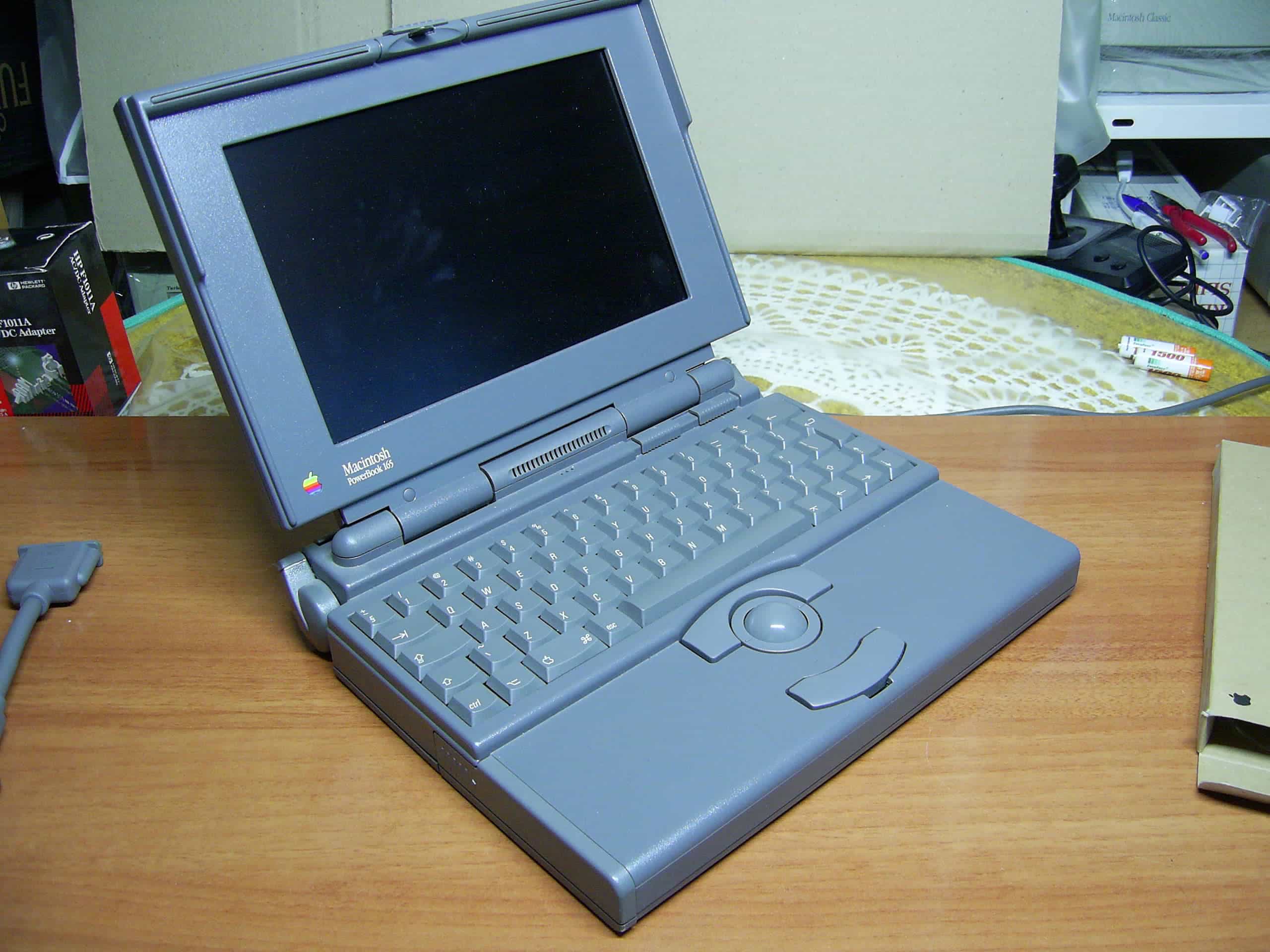I’m a huge fan of Face ID, Apple’s biometric security system that uses my ugly mug to unlock my iPhone and iPad.
I love it for not just unlocking my devices, but for authorizing payments, opening apps, logging into websites and more.
It works waaaaay better for me than Touch ID, which can never, ever remember my fingerprint. It may be because I have dry skin on my hands, but I’m constantly having to re-enter my fingerprint on my Touch ID-equipped Apple keyboard.
Face ID, on the other hand, has proven to be extremely reliable and easy to use. It’s almost completely replaced the tedious process of typing in passwords or unlock codes.
Face ID is now almost 6 years old, but Apple still hasn’t added it to the Mac, which is head-scratching. Why can’t Apple make it work for its computers?
The only reason I can think of is that people sit too far away from their Macs, and the system may be unreliable beyond a few inches.
In addition, there might not be enough room for the hardware behind the svelte screens of current MacBooks. But that, of course, doesn’t apply to the iMac or Apple’s desktop displays.
While it doesn’t seem like Face ID is coming to the Mac anytime soon, there is still hope!
Apple has just been granted a patent for adding Face ID to MacBooks. That doesn’t mean it’s a surefire future feature, but it does show the idea is still alive in Cupertino!
Also in today’s newsletter:
The iPhone’s End Call button was controversially moved in early iOS 17 betas. Now it’s back where it belongs.
In an unusual move, Apple released watchOS 9.6.1 to remove just a single bug affecting Apple Watch and an API that helps track tremors and other symptoms associated with Parkinson’s disease.
Talking of Touch ID, today’s featured setup discusses a couple of alternatives for using a Touch ID keyboard, including unlocking with Apple Watch or setting a keyboard password macro.
This clever carbon-fiber iPhone tripod folds down to the size of a credit card.
Today’s the day in Apple history that Cupertino rolled out the PowerBook 165, its first “lower-cost” portable. The 1993 laptop cost "only" $1,970 -- the equivalent of nearly $4,200 in today's money. How's that for "affordable"?
The iPad’s Magic Keyboard is a must-have for me. It turns my old iPad Pro into a laptop. It ain’t cheap, but it is now up to $60 off.
— Leander Kahney, EIC.
A message from the Cult of Mac Deals team
A message from CapCut
Tweetz o’ the day
One more thing ...
The Apple II could hold up to 48 kilobytes of memory which today doesn’t seem like much, but at that time was maybe three times as much as its competitors. And that’s why Visicalc was written for the Apple II. It was the only computer that could hold it."
Today’s poll
Should Macs get Face ID?
Results from yesterday’s poll: Are you disappointed by the paltry ‘batterygate’ payment?

Best reader comments



Subscribe to The Weekender — Get the week's best Apple news, reviews and how-tos from Cult of Mac, every Saturday morning. Our readers say: "Thank you guys for always posting cool stuff" -- Vaughn Nevins. "Very informative" -- Kenly Xavier.

